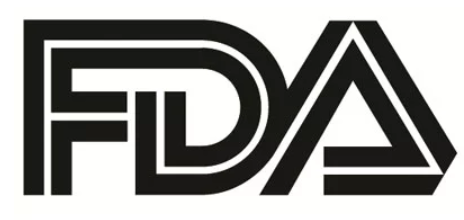Thermocool Smarttouch SF Catheter Receives FDA Approval for Persistent Atrial Fibrillation
The Thermocool Smarttouch SF Catheter received approval for use with the CARTO® 3 System, according to a statement from the Johnson & Johnson Medical Companies.

Clinicians now have an additional option when treating patient with persistent atrial fibrillation (AF) thanks to the recent US Food and Drug Administration (FDA) approval of the Thermocool Smarttouch® SF Ablation Catheter, according to a statement from the Johnson and Johnson Medical Devices Companies.
Created by Biosense Webster Inc., the Thermocool Smarttouch received approval for use in drug refractory recurrent symptomatic persistent AF that is refractory or intolerant to at least 1 Class I or III AADbased on the results of a multicenter PRECEPT trial—where the device achieved clinical success in 80% of persistent AF patients 15 months post-ablation.
"Every patient and every arrhythmia are unique," said Dr. Francis Marchlinski, MD, director of Electrophysiology with the University of Pennsylvania Health System, in the aforementioned statement from the Johnson & Johnson Medical Companies. "This approval and the PRECEPT data provide evidence to support a tailored approach using the CARTO® 3 System and THERMOCOOL SMARTTOUCH SF Catheter to treat persistent AF patients, who are more at risk for stroke and other complications from their AF."
According to the Biosense Webster Inc. website, Thermocool Smarttouch SF Catheter is the first device approved by the FDA that provides physicians with real-time and quantitative feedback as to whether adequate tissue contact, or contact force, is occurring during catheter ablation procedures.
The PRECEPT trial enrolled 381 patients with persistent AF and intolerance or nonresponse to antiarrhythmic drugs (AAD) across 27 sites in the US and Canada in the aim of assess the efficacy and safety of the Thermocool Smarttouch SF Catheter. The primary efficacy end point of the trial was freedom from documented recurrence of atrial flutter/atrial tachycardia episodes of 30 seconds or longer and freedom from additional five failure modes: acute procedural failure, use of a non-study catheter, repeat procedures, use of new/higher dose antiarrhythmic drugs, surgical AF ablation.
Published in JACC, results of the PRECEPT trial indicate use of the Thermocool Smarttouch SF Catheter was associated with a reduction in Class I/III AAD use from 97% to 25%, a reduction in incidence of cardioversion from 62% to 10%, and a 15-mo0nth Kaplan-Meier estimate of freedom from hospitalization of 84%.
The aforementioned statement notes the study resulted in a 4.7% primary adverse event rate, which is comparable to rates seen in paroxysmal AF studies using contact force-sensing RF catheters. Additionally, results of the study suggested Thermocool Smarttouch SF Catheter was associated with a clinically meaningful improvement in quality and life and reduction in healthcare resource utilization post-ablation.
"Persistent AF patients face a higher risk of complications such as stroke, heart failure, and death," said Uri Yaron, Worldwide President of Biosense Webster, Inc, in the aforementioned statement. "This approval and data from the PRECEPT study help to further our commitment to advancing AF treatment, providing electrophysiologists with state-of-the-art options for their patients."
This is a developing story and will be updated as more information becomes available.